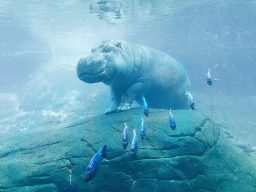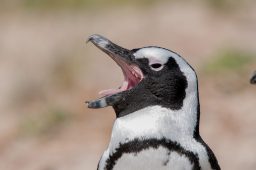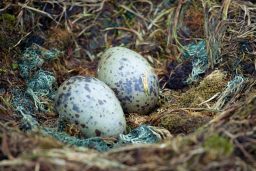Category: Aquatic Animals
-

Can Hippos Drown – Or Can Hippos Float? ???? (Answered)
Hippos are semi-aquatic and have many features that prevent them from drowning. Due to their size they can’t float at all – so they are experts at living underwater. Do Hippos Ever Drown In Rivers? Hippos have many adaptations to make their lives in the water easier and safer. For example, they have webbed feet;…
-

What Do Penguins Eat? ????
Penguins eat a variety of different foods – but all are predators. From krill to crustaceans, and squids to sprats – there is something for everyone. Penguin Facts: What Do Penguins Eat? All penguins hunt for food in the oceans – they don’t hunt anything found on land. Depending on where they live and their…
-

Can You Eat Penguins? ????
Physically yes – they are just birds and not toxic to humans. However, they are illegal to even touch in many countries so eating them would be impossible. Where Can You Eat Penguins? In virtually all countries of the world – you can’t legally catch or eat penguins. All 18 species of penguin are protected…
-

Can Penguins Have Twins? ????
So penguins who lay two eggs together do indeed have twins. – A twin is one of two offspring produced during the same birth – they don’t have to be identical. But NOT 2 penguins from one egg. How Can Penguins Have Twins? Every breeding season, penguins come back together to the breeding sites, find…
-

Can You Have A Penguin As A Pet? ????
No, If you live in the US, Europe, or many other places. You can’t have penguins as pets as they are a protected species and need licenses to be kept. When Can You Have A Penguin As A Pet? Never. Penguins are super cute – and as with most small animals that we see in…
-

Can Penguins Jump? ???? (Explained)
Yes – penguins can jump. They either bound about with both feet on rocks or ice – and they can leap great distances out of the water onto dry land. How High Can Penguins Jump? Penguins have two jumping techniques – and both evolved because of their adaptation to living an aquatic lifestyle. The first…
